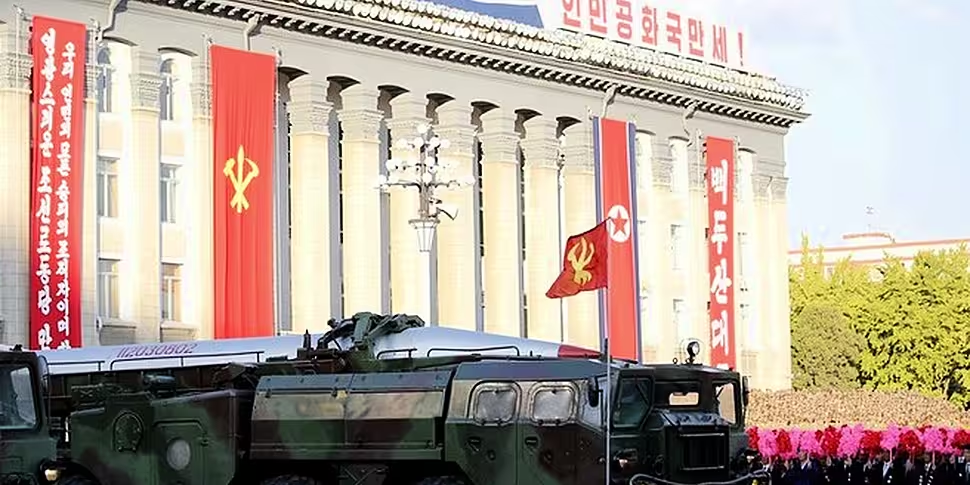United Nations member states have voted overwhelmingly to start negotiations on a treaty to ban nuclear weapons.
The vote comes despite strong opposition from nuclear-armed and their allies.
In the vote on Thursday, 123 nations were in favour of the resolution, 38 opposed and 16 abstained.
Nuclear powers the United States, Russia, Israel, France and the United Kingdom were among those that opposed the measure.
Australia, as forecast last week, and as a long-time dependant on the US’s extended nuclear deterrence, also voted no.
This historic conference will begin its work in New York in early 2017. The treaty negotiations will be the first multilateral nuclear disarmament negotiations in over twenty years.
Nuclear disarmament commitments were already made under the Nuclear Non Proliferation Treaty (NPT) and the 2030 Agenda, with a view to achieving a world free from nuclear weapons.
Speaking after the vote, Minister for Foreign Affairs Charlie Flanagan stressed that Ireland is resolute in its commitment to the NPT.
"The catastrophic humanitarian consequences of these indiscriminate weapons are well known", he said. "We know that there is no capacity for an adequate humanitarian response to any nuclear detonation, either accidental or on purpose, and that the risks of such a detonation are high".
"They remain the only weapons of mass destruction which have not yet been prohibited."
The resolution aims to hold a conference in March next year to negotiate a “legally binding instrument to prohibit nuclear weapons, leading towards their total elimination”
Minister Flanagan added that around 17,000 nuclear weapons remain in existence.
Australia has been the most outspoken of the non-nuclear states, lobbying other countries and pressing the case for what it describes as a “building blocks” approach of engaging with nuclear powers to reduce the global stockpile of 15,000 weapons.
Australia has consistently maintained that as long as nuclear weapons exist, it must rely on the protection of the deterrent effect of the US’s nuclear arsenal, the second largest in the world.









